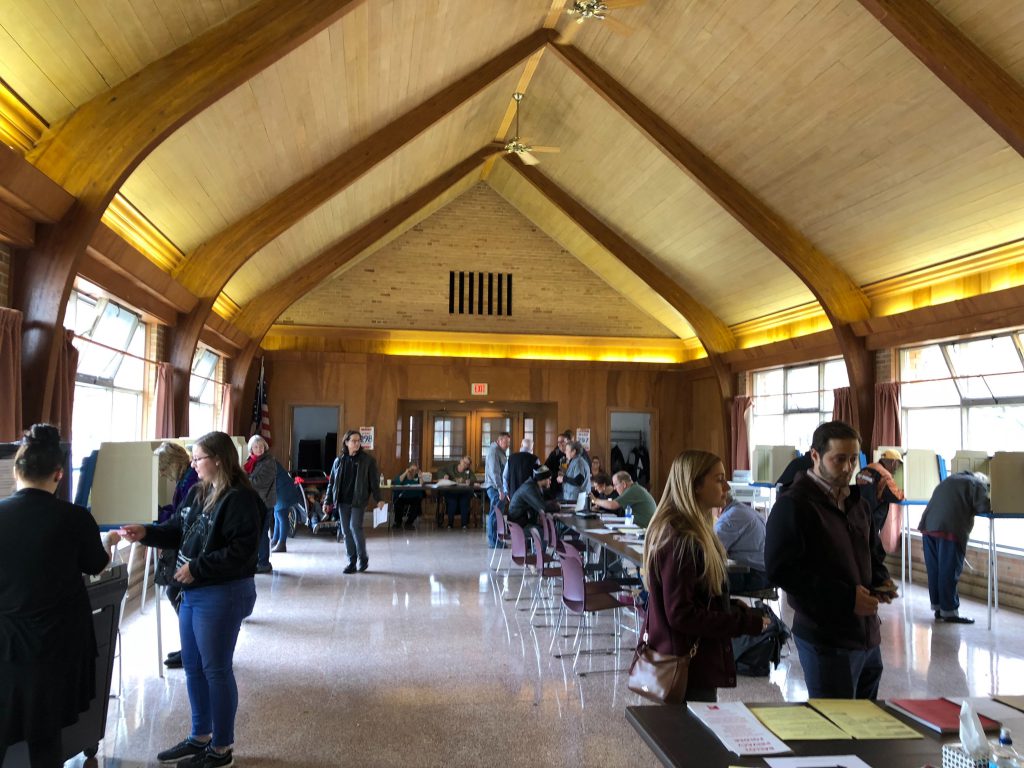New Report Highlights Barriers to Voting
29% of Wisconsinites don’t have a driver’s license.
A new report provides some startling details on the barriers that many people face just to cast a ballot in Wisconsin.
The report, “Getting There Is Half the Battle: Wisconsin’s Photo ID Law, Access to DMV Services, and the Fight for Our Freedom to Vote,” was written by three nonprofit groups: All Voting Is Local, the League of Women Voters of Wisconsin, and the Wisconsin Disability Vote Coalition.
That means expanding hours, locating service centers on public transportation routes, providing multilingual assistance, and expanding assistance to persons with disabilities.
For instance, of the 80 permanent DMV service centers in the state, “only 7 offer Saturday hours,” the report says. That makes it difficult for people who work during the week to get a Voter ID.
“Limited Saturday hours is one of the biggest hurdles for nondrivers and Wisconsinites in rural areas,” the report says. “From Bayfield, a person who works a typical Monday–Friday schedule would need to wake up early to drive (or have a friend/family member drive them) three hours (180 miles) to Eau Claire … Having limited Saturday hours is also a challenge for people in urban areas. For a nondriver living in Kenosha, the nearest DMV service center with Saturday hours is in Greendale. To get there (one way), it could take 2 hours and 38 minutes, three buses, 74 bus stops, and $19.”
Getting to the DMV is also harder for persons of color and people with disabilities. “Asian Americans and Latino workers are twice as likely to not have a vehicle, and Black workers are three times as likely to not have a vehicle,” the report says.
For persons with mobility disabilities, getting to the DMV can be a huge barrier. “Accessible transportation provided by specialized medical vehicles is available only for medical and dental appointments, not for getting to the DMV,” the report notes. “The cost for a specialized medical vehicle to transport them to and from the DMV is not affordable to the majority of people with disabilities on a fixed income.”
For rural Wisconsinites the challenges are even greater, the report notes, since “11 counties have zero form of public transit, not even in their largest municipality.”
It also recommends that the DOT should make its service centers better equipped to offer multilingual services.
And it urges a change in the law so as to offer a third nonbinary gender marker on the photo ID, as 20 other states do.
Actually, the report has a total of 28 recommendations. Some of those are for the DOT, some for the Legislature, and some for Gov. Evers.
One of these is simple: “Repeal Wisconsin’s Voter ID law.”






















